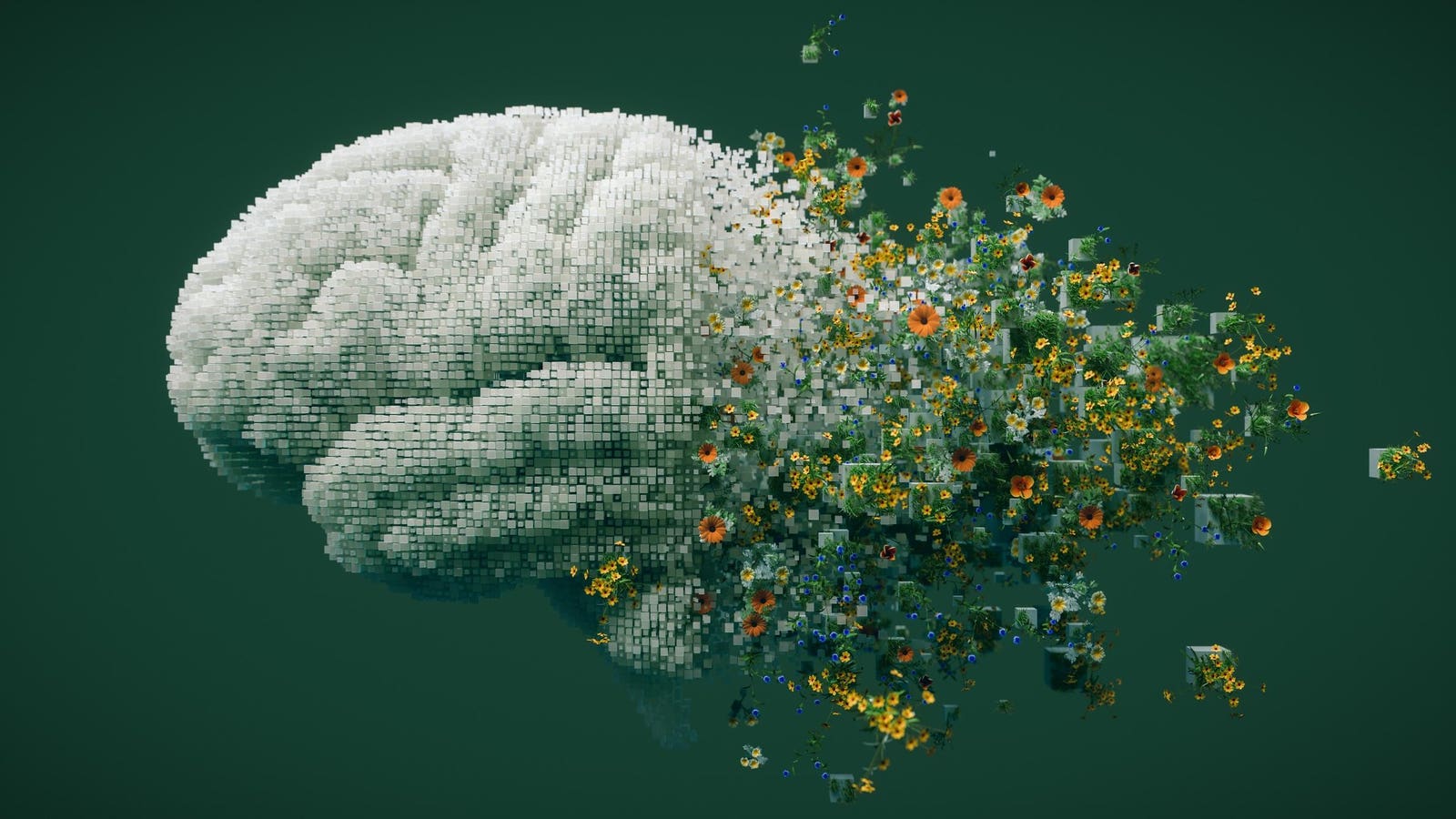Abstract painting of man versus machine, cubism style artwork. Original acrylic painting on canvas.
OpenAI has announced that its latest experimental reasoning LLM, referred to internally as the “IMO gold LLM”, has achieved gold‑medal level performance at the 2025 International Mathematical Olympiad (IMO).
Unlike specialized systems like DeepMind’s AlphaGeometry, this is a reasoning LLM, built with reinforcement learning and scaled inference, not a math-only engine.
As OpenAI researcher Noam Brown put it, the model showed “a new level of sustained creative thinking” required for multi-hour problem-solving.
CEO Sam Altman said this achievement marks “a dream… a key step toward general intelligence”, and that such a model won’t be generally available for months.
Undoubtedly, machines are becoming exceptionally proficient at narrowly defined, high-performance cognitive tasks. This includes mathematical reasoning, formal proof construction, symbolic manipulation, code generation, and formal logic.
Their capabilities also extend significantly to computer vision, complex data analysis, language processing, and strategic problem-solving, because of significant advancements in deep learning architectures (such as transformers and convolutional neural networks), the availability of vast datasets for training, substantial increases in computational power, and sophisticated algorithmic optimization techniques that enable these systems to identify intricate patterns and correlations within data at an unprecedented scale and speed.
These systems can accomplish sustained multi-step reasoning, generate fluent human-like responses, and perform under expert-level constraints similar to humans.
With all this, and a bit of enthusiasm, we might be tempted to think that this means machines are becoming incredibly intelligent, incredibly quickly.
Yet this would be a mistake.
Because being good at mathematics, formal proof construction, symbolic manipulation, code generation, formal logic, computer vision, complex data analysis, language processing, and strategic problem-solving, is neither a necessary nor a sufficient condition for “intelligence”, let alone for incredible intelligence.
The fundamental distinction lies in several key characteristics that machines demonstrably lack.
Machines cannot seamlessly transfer knowledge or adapt their capabilities to entirely novel, unforeseen problems or contexts without significant re-engineering or retraining. They are inherently specialized. They are proficient at tasks within their pre-defined scope and their impressive performance is confined to the specific domains and types of data on which they have been extensively trained. This contrasts sharply with the human capacity for flexible learning and adaptation across a vast and unpredictable array of situations.
Machines do not possess the capacity to genuinely experience or comprehend emotions, nor can they truly interpret the nuanced mental states, intentions, or feelings of others (often referred to as “theory of mind”). Their “empathetic” or “socially aware” responses are sophisticated statistical patterns learned from vast datasets of human interaction, not a reflection of genuine subjective experience, emotional resonance, or an understanding of human affect.
Machines lack self-awareness and the ability for introspection. They do not reflect on their own internal processes, motivations, or the nature of their “knowledge.” Their operations are algorithmic and data-driven; they do not possess a subjective “self” that can ponder its own existence, learn from its own mistakes through conscious reflection, or develop a personal narrative.
Machines do not exhibit genuine intentionality, innate curiosity, or the capacity for autonomous goal-setting driven by internal desires, values, or motivations. They operate purely based on programmed objectives and the data inputs they receive. Their “goals” are externally imposed by their human creators, rather than emerging from an internal drive or will.
Machines lack the direct, lived, and felt experience that comes from having a physical body interacting with and perceiving the environment. This embodied experience is crucial for developing common sense, intuitive physics, and a deep, non-abstracted understanding of the world. While machines can interact with and navigate the physical world through sensors and actuators, their “understanding” of reality is mediated by symbolic representations and data.
Machines do not demonstrate genuine conceptual leaps, the ability to invent entirely new paradigms, or to break fundamental rules in a truly meaningful and original way that transcends their training data. Generative models can only produce novel combinations of existing data,
Machines often struggle with true cause-and-effect reasoning. Even though they excel at identifying correlations and patterns, correlation is not causation. They can predict “what” is likely to happen based on past data, but their understanding of “why” is limited to statistical associations rather than deep mechanistic insight.
Machines cannot learn complex concepts from just a few examples. While one-shot and few-shot learning have made progress in enabling machines to recognize new patterns or categories from limited data, they cannot learn genuinely complex, abstract concepts from just a few examples, unlike humans. Machines still typically require vast datasets for effective and nuanced training.
And perhaps the most profound distinction, machines do not possess subjective experience, feelings, or awareness. They are not conscious entities.
Only when a machine is capable of all (are at least most of) these characteristics, even at a relatively low level, could we then reasonably claim that machines are becoming “intelligent”, without exaggeration, misuse of the term, or mere fantasy.
Therefore, while machines are incredibly powerful for specific cognitive functions, their capabilities are fundamentally different from the multifaceted, adaptable, self-aware, and experientially grounded nature of what intelligence is, particularly as manifested in humans.
Their proficiency is a product of advanced computational design and data processing, not an indication of a nascent form of intelligence in machines.
In fact, the term “artificial general intelligence” in AI discourse emerged in part to recover the meaning of “intelligence” after it had been diluted through overuse in describing machines that are not “intelligent” to clarify what these so-called “intelligent” machines still lack in order to really be, “intelligent”.
We all tend to oversimplify and the field of AI is contributing to the evolution of the meaning of ‘intelligence,’ making the term increasingly polysemous. That’s part of the charm of language. And as AI stirs both real promise and real societal anxiety, it’s also worth remembering that the intelligence of machines does not exist in any meaningful sense.
The rapid advances in AI signal that it is beyond time to think about the impact we want and don’t want AI to have on society. In doing so, this should not only allow, but actively encourage us to consider both AI’s capacities and its limitations, making every effort not to confuse “intelligence” (i.e. in its rich, general sense) with the narrow and task-specific behaviors machines are capable of simulating or exhibiting.
While some are racing for Artificial General Intelligence (AGI), the question we should now be asking is not when they think they might succeed, but whether what they believe they could make happen truly makes sense civilisationally as something we should even aim to achieve, while defining where we draw the line on algorithmic transhumanism.









